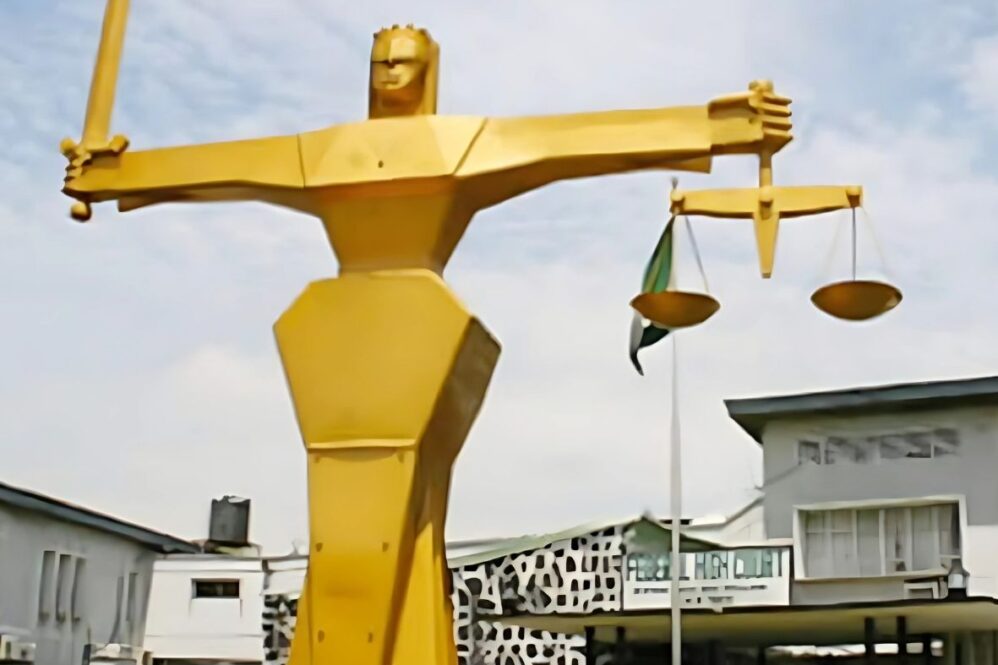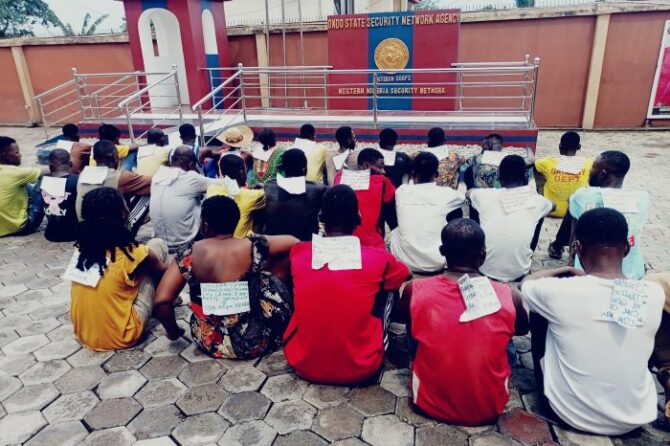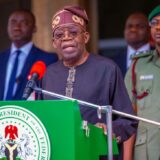—
Court Freezes Assets Over Loan Dispute
The Federal High Court in Ikoyi, Lagos, has granted a significant ruling in the ongoing legal dispute between Nigerian businessman Nduka Obaigbena and First Bank of Nigeria. The court has issued an order restraining all commercial banks in the country from releasing or dealing with assets and funds totalling $225.8 million. This decision follows allegations that Obaigbena’s company, Arise News, failed to repay loans owed to the bank. The court’s ruling adds another chapter to an ongoing legal battle that has drawn attention across Nigeria.
—
The Current Situation: Nduka Obaigbena’s Financial Setback
Nduka Obaigbena, the founder of Arise News, now faces significant financial challenges. The restraining order directly impacts both his assets and his business operations. The $225.8 million in question is linked to an unresolved debt with First Bank. The court’s decision has effectively frozen these funds, limiting Obaigbena’s ability to access or use his assets until further legal proceedings unfold.
This ruling highlights the ongoing financial struggles faced by Obaigbena, a prominent media figure in Nigeria. The situation is more than just a financial issue; it carries potential reputational risks for Obaigbena, who has built a career based on his media empire. As the case progresses, the court’s actions will likely have wider consequences for his professional and personal life.
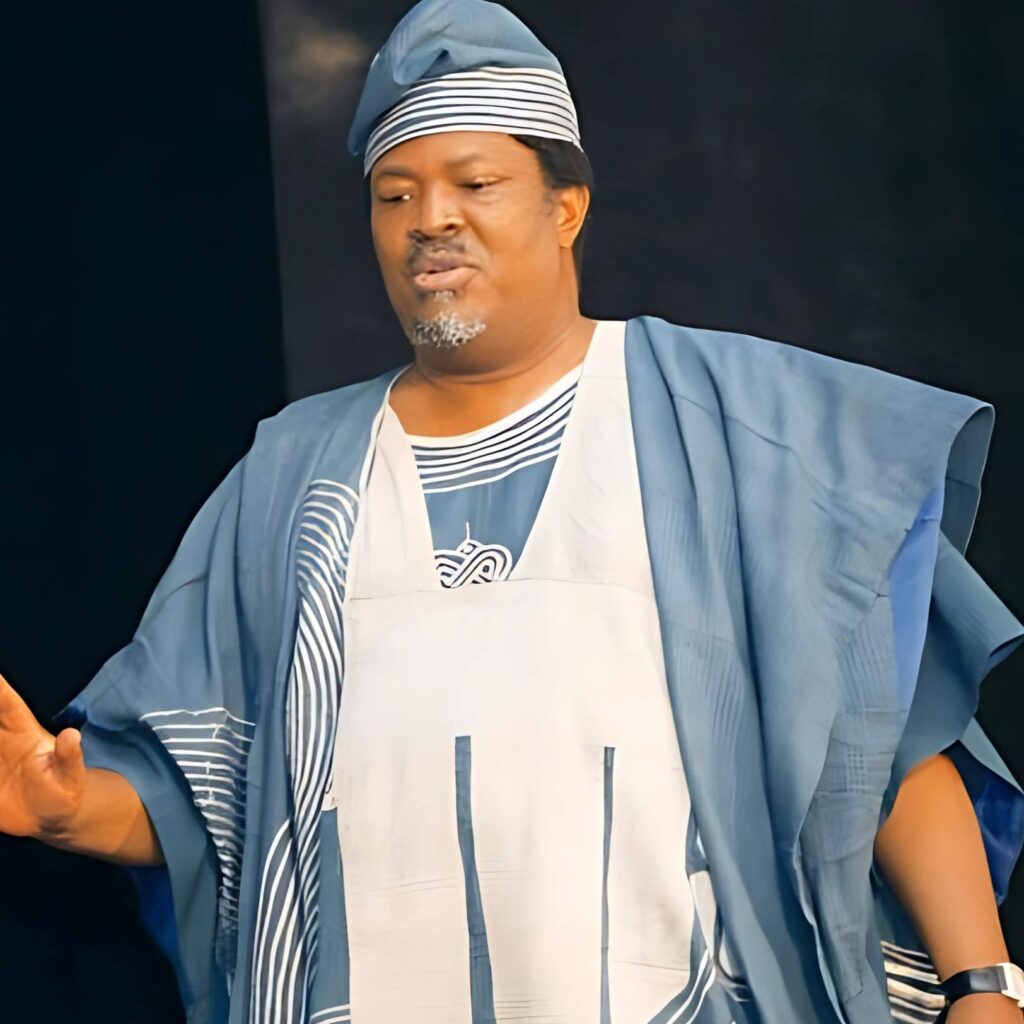
—
The Challenges: Financial and Reputational Impact
The restraining order presents multiple challenges for Obaigbena. First and foremost, the freeze on such a large sum of money affects his ability to operate Arise News and other businesses. With the funds tied up, Obaigbena may struggle to cover operational costs or pursue new ventures. This is especially concerning in the competitive media industry, where cash flow is crucial for survival and growth.
Moreover, the legal dispute has the potential to damage Obaigbena’s public image. As a high-profile businessman, his financial troubles could affect investor confidence and damage the reputation of his media company. In a sector where trust and financial stability are essential, these challenges may hinder his ability to secure future investments or partnerships.
—
Rebuilding After the Setback: Path to Recovery
Recovering from such a significant financial setback will require careful planning and strategic action. Obaigbena must focus on resolving the debt dispute with First Bank, which may involve renegotiating terms or restructuring the debt. Restoring financial stability will also require maintaining open lines of communication with creditors and investors, ensuring that all parties are kept informed of progress.
In addition to addressing the debt issue, Obaigbena will need to rebuild public trust. This may involve increasing transparency in his business operations and demonstrating a commitment to corporate governance. By taking these steps, he can begin to repair his reputation and move forward in a more stable financial environment.
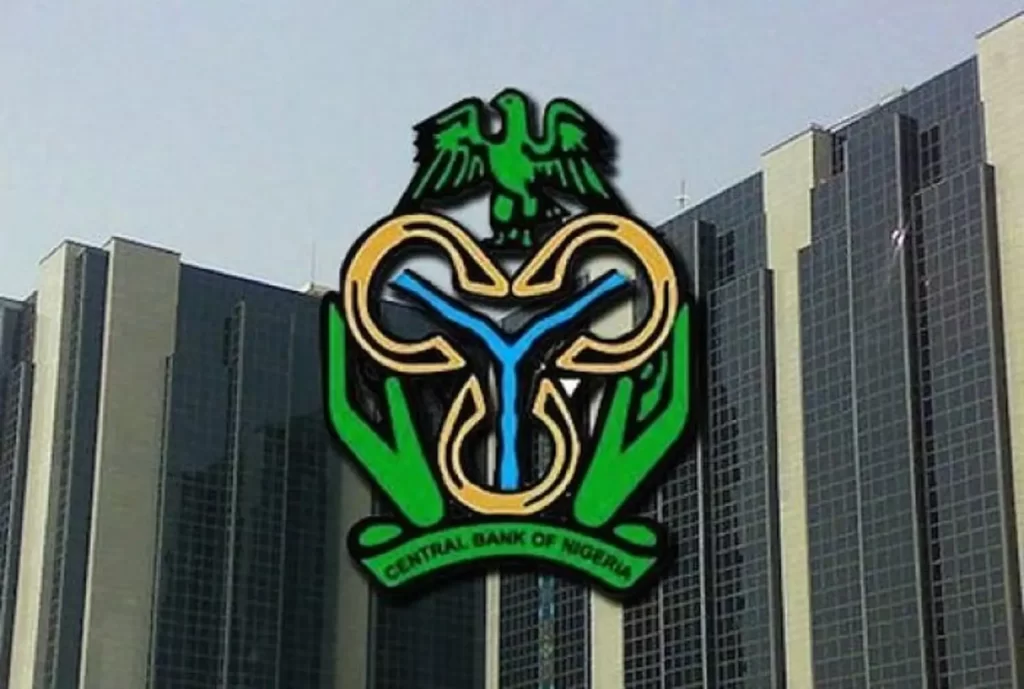
—
Regulatory Oversight and Financial Accountability
The case also underscores the importance of regulatory oversight in Nigeria’s financial sector. The court’s decision illustrates the role of the judiciary in enforcing financial accountability and ensuring that businesses honour their obligations. Nigeria’s banking regulations, under the supervision of the Central Bank of Nigeria (CBN), have become stricter in recent years, aiming to prevent financial mismanagement and protect the interests of creditors.
This situation highlights the need for stronger corporate governance practices across Nigerian businesses. With regulations becoming more stringent, companies are now expected to maintain higher standards of financial discipline and transparency. Such measures not only safeguard the interests of creditors but also help businesses avoid legal entanglements that can disrupt operations.
—
Key Takeaways for Business Leaders
The Federal High Court’s ruling against Nduka Obaigbena serves as an important lesson for Nigerian business leaders. It emphasizes the importance of maintaining strong financial discipline and fulfilling financial obligations. The case also shows how legal systems and regulatory frameworks work to hold individuals and corporations accountable for their actions.
For Obaigbena, resolving the debt issue and rebuilding his financial standing will be crucial in the coming months. This case serves as a reminder that businesses must be proactive in managing their financial affairs and adhering to legal frameworks. Moving forward, the lessons learned from this legal battle may influence how Nigerian business leaders approach corporate governance, financial management, and debt responsibility.
—


